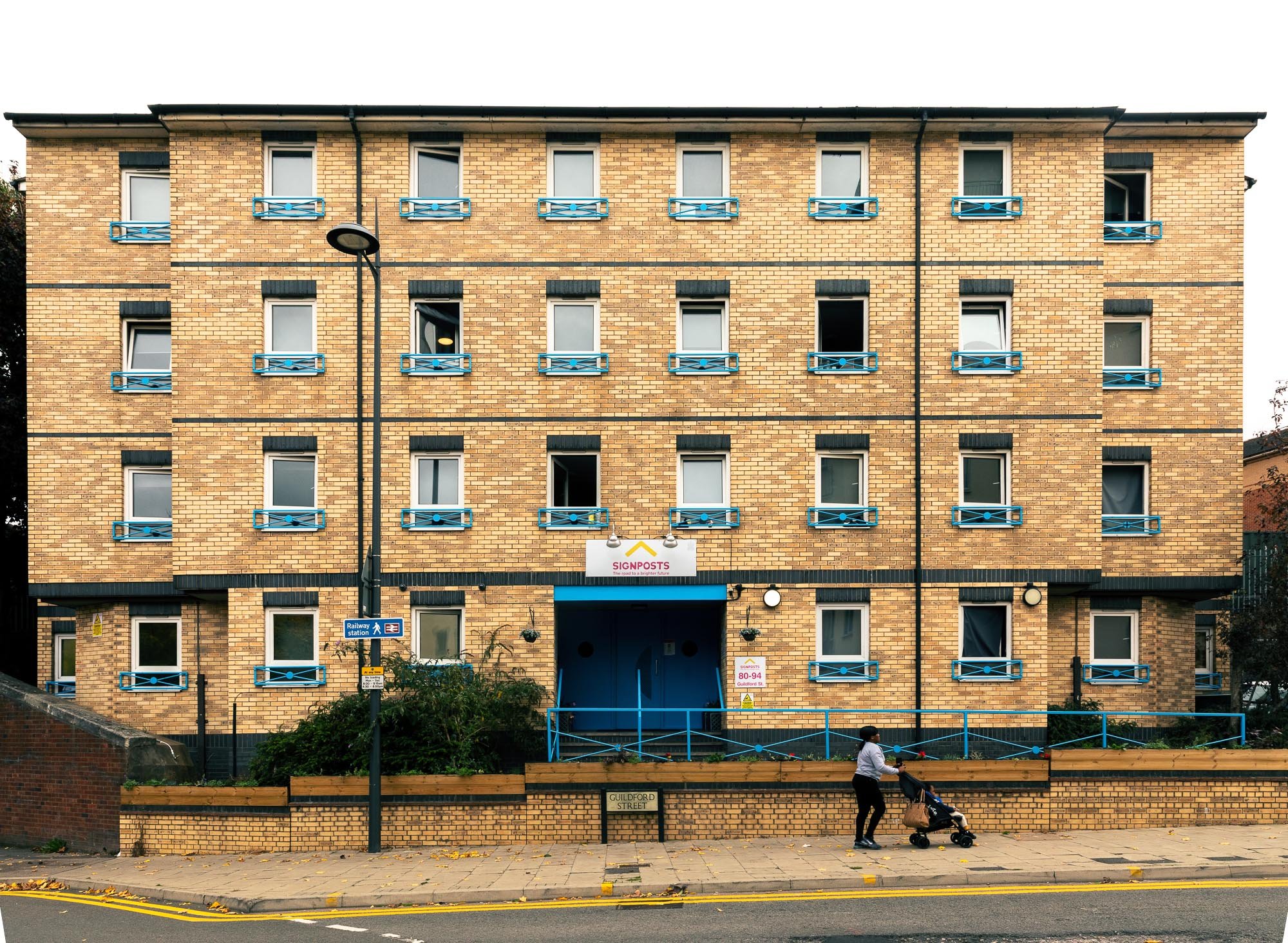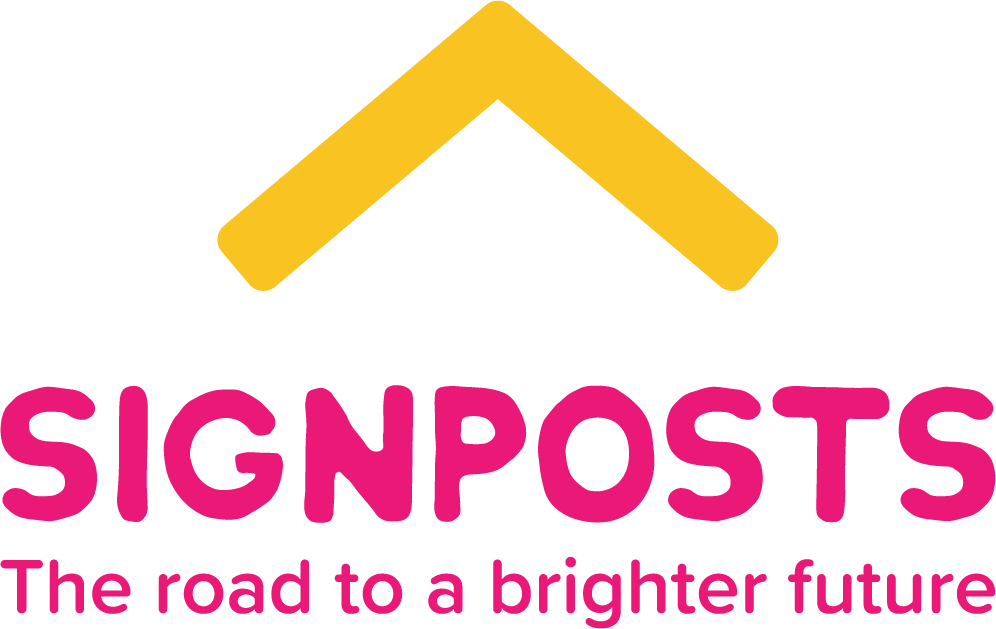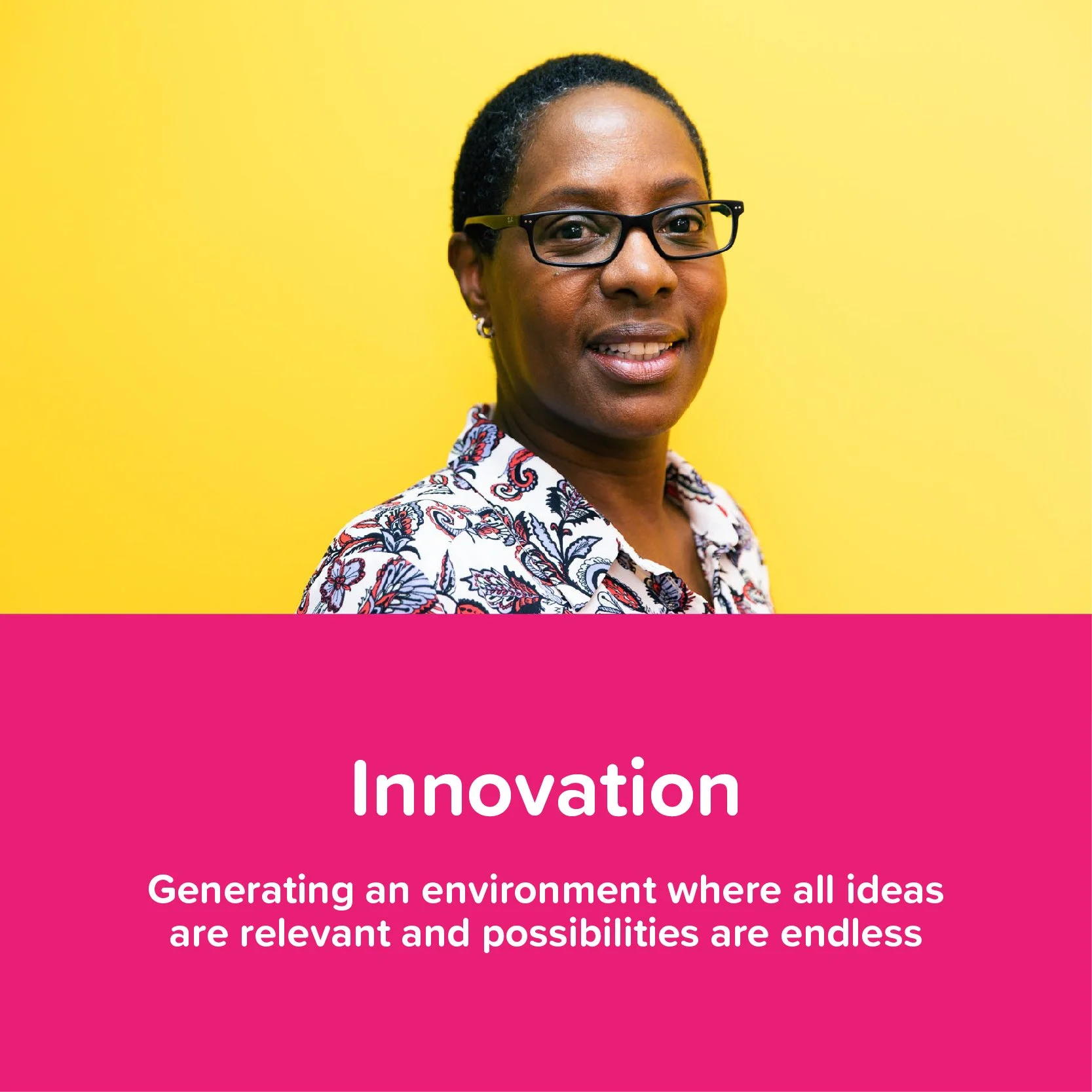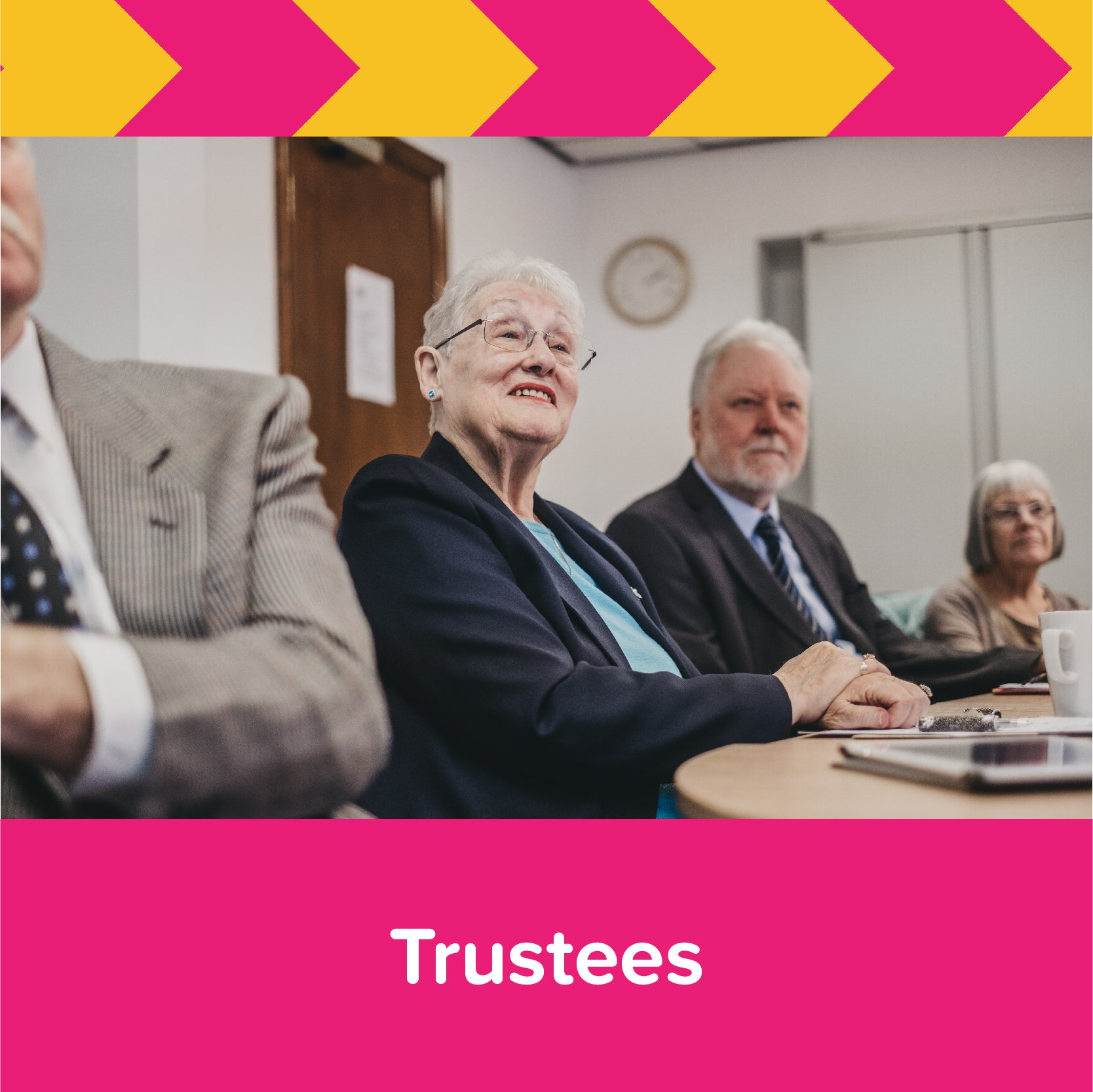
Overview | Our values | Our history | Our approach | Our team | Our friends
Signposts is here to help people who are homeless in Luton and Dunstable
Our aim is to help clients achieve their own maximum potential to live and develop in the community. We achieve this by:
• Promoting best practice and quality support.
• Making innovative approaches to problem solving as well as acknowledging existing good social work practices.
• Recognising the dignity of each person whom we seek to help.
• Developing our staff team to their utmost potential.
Return to top


Our history
Signposts was formed in the early 80's, when a group of concerned local people came together to tackle the growing challenge of homelessness. With the support of a local housing association, in 1985 they opened a property with sixteen bedrooms, which provided Luton's first designated accommodation for homeless people.
Signposts has grown considerably since then, and now has thirteen properties providing 182 bed spaces. We have developed our expertise and procedures to enable us to support vulnerable homeless people.
Our ongoing challenge is to change negative perceptions of homelessness, and to allow the people that live at Signposts to develop to their utmost potential.
Return to top
![image005[45].png](https://images.squarespace-cdn.com/content/v1/5ab3cff2372b9630b503084e/1652364081019-C2TRH4PXI7PMOA1ZKO3W/image005%5B45%5D.png)
Our approach
At Signposts we provide a Psychologically Informed Environment (PIE) approach to our services, based on trauma-informed care (TIC) and strengths-based support.
PIE services are where the day-to-day running has been designed to take the psychological and emotional needs of people with traumatic experiences into account. This covers everything from entry paperwork to the interior design of living spaces.
There are five main areas to PIE’s approach, which are:
1. Relationships
Relationships are key to supporting people out of homelessness. With this in mind, over five years ago we established Team SP to help build relationships between our staff, the people we work with and their community.
Team SP’s strength-based, supportive approach empowers people to identify and achieve their aspirations. This approach also helps people strengthen their local community and helps overcome the stigma surrounding homelessness.
Those offered accommodation with Signposts will be encouraged and supported by their coach to engage in Team SP activities. This environment enables our coaches to develop a strong and supportive relationship, while delivering in line with the 5 Ways to Mental Wellbeing (connect, be active, take notice, learn and give).
2. Staff support and training
In conjunction with sector-wide compulsory training, all our staff are trained in the five principles of PIE, TIC, Mental Health First Aid and ASSIST (suicide prevention support). A key addition through PIE is the implementation of facilitated reflective practice for all staff, which is why Signposts employs a Health Psychologist to facilitate these groups, while also consolidating the psychological framework within which we work.
The facilitated reflective practice sessions provide access to ongoing motivational interviewing training and psychological interventions, thus equipping staff with the confidence and tools they need to establish lasting recovery capital among the people they support.
3. Physical environment and social spaces
We have embarked upon a refurbishment plan to ensure all of our properties provide:
A non-institutional, safe and welcoming service, which facilitates interaction between the people we work with and our staff
Choice and control over how and when people engage
A sense of physical and emotional safety for all
A culture of health and wellbeing
4. Psychological Framework
Our Health Psychologist has developed both a psychological framework and a reflective and thoughtful environment, which aims to increase staff health and wellbeing, while enabling those we work with to thrive.
5. Evidencing
This is of course a long-term part of PIE delivery and when we have several years of data Signposts will be commissioning an evaluation of PIE and its impact on people’s outcomes, as well as staff health, wellbeing and job satisfaction. We are excited about what outcomes will be highlighted by this evaluation and if it will fall in line with the positive findings of other housing providers who use the PIE approach.
PIE “takes into account the psychological makeup – the thinking, emotions, personalities and past experience - of its participants in the way that it operates.” [1] It’s an approach to supporting people out of homelessness; in particular, those who have experienced complex trauma [2] or are diagnosed with a personality disorder. It also considers the psychological needs of staff to include developing skills and knowledge, and increasing motivation, job satisfaction and resilience.
[1] robin johnson, co-author of “psychologically informed services for homeless people” good practice guide 2012. Department of communities and local gov. And developer of pielink.net
[2] complex trauma refers to the psychological problems and linked patterns of thoughts, feelings and behaviours, which tend to result from prolonged exposure to traumatic experience (good practice guide 2012)
Return to top


Our friends
We are committed to building and investing in relationships with the statutory, voluntary and private sectors; businesses; members of the public; faith groups; schools and community groups. We firmly believe that the answer to many of the challenges faced by both Signposts and its residents lies within these partnerships.










